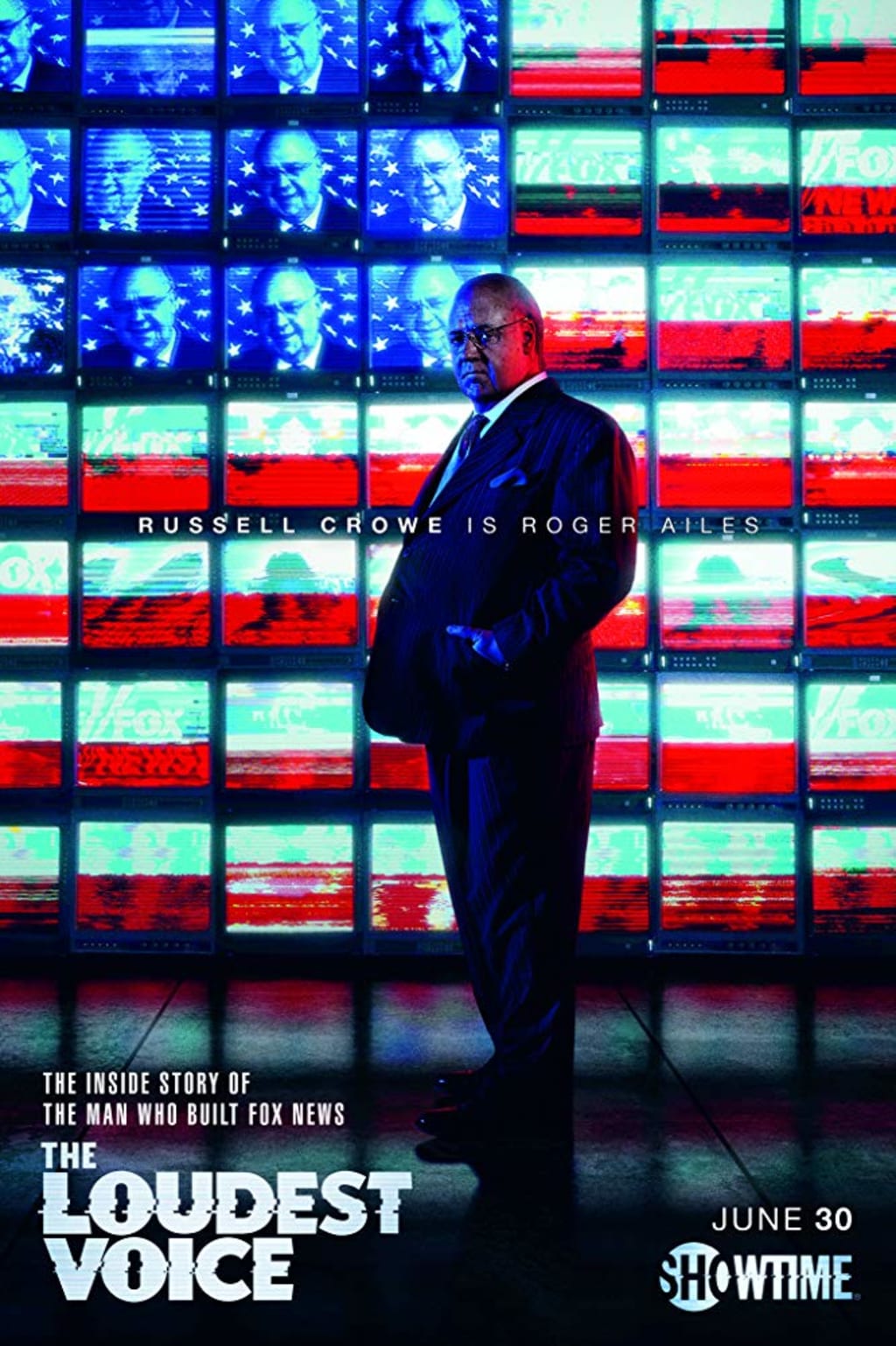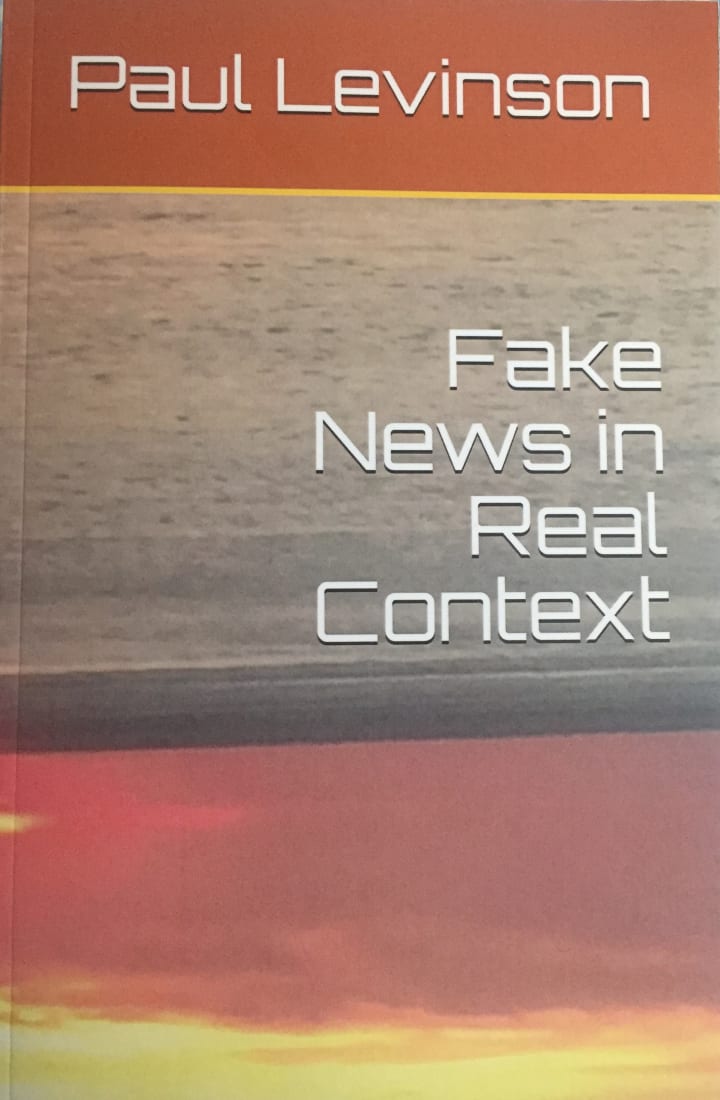Review of 'The Loudest Voice' Finale
Truth

The Loudest Voice concluded tonight with John Lennon's "Gimme Some Truth," played under postscripts that tell us what happened to major characters after the story portrayed in the series ends. In many ways, that combo—Lennon's song and the postscripts—were the most compelling part of the series, which was plenty compelling, already.
For example, why does Beth Ailes maintain her husband's innocence after we see her in the series finally disbelieving him, after being told that Gretchen Carlson has tapes of what Roger said to her? Since there's no public record of what Beth said to Roger privately, let alone her private facial expressions, the most likely conclusion is: Beth's coming to believe the charges against Roger may be artistic license on the part of the The Loudest Voice. As I often say, docu-dramas are not documentaries, and even documentaries, though they don't fabricate scenes, may not tell the whole story.
Along the same lines, why did Ailes's assistant, Judy Laterza, first support Roger in the testimony she gave which she knew Roger was seeing on one of his cameras, and then, after Roger's death, continue to be silent on everything? How much of the scene in which Roger invited her to join Beth and him for dinner, and Judy was delighted, until Beth nixed it, actually happened?
I raise these points not because I disbelieve Gretchen Carlson and the other women who brought charges against Roger, but because I think we need to keep reminding ourselves that the rendition of this that we saw in The Loudest Voice may be, at the very least, a narrative of truth embellished, in one way or another. And this, in turn, is important to keep in mind when we consider Trump and the political part of the story, and Roger's view, depicted in The Loudest Voice, that he was more responsible than anyone or anything else for Trump's 2016 victory. That may or may not be true, even though it's certainly a powerful story.
And there actually are at least two related questions here: One, did Ailes believe that he was responsible for Trump's becoming President? And, two, was Ailes indeed responsible for Trump's becoming President? As I've said before in these reviews, I certainly don't think the answer to the second question is yes. And I'm just not sure about the first.
But such questions only add to the power of The Loudest Voice, and, indeed, everything about The Loudest Voice was powerful, especially Russell Crowe's performance as Aisles, which abundantly deserves an Emmy. Kudos to everyone who put together this little series for creating an excruciatingly timely and unnerving masterpiece.

About the Creator
Paul Levinson
Novels The Silk Code & The Plot To Save Socrates; LPs Twice Upon A Rhyme & Welcome Up; nonfiction The Soft Edge & Digital McLuhan, translated into 15 languages. Best-known short story: The Chronology Protection Case; Prof, Fordham Univ.






Comments
There are no comments for this story
Be the first to respond and start the conversation.